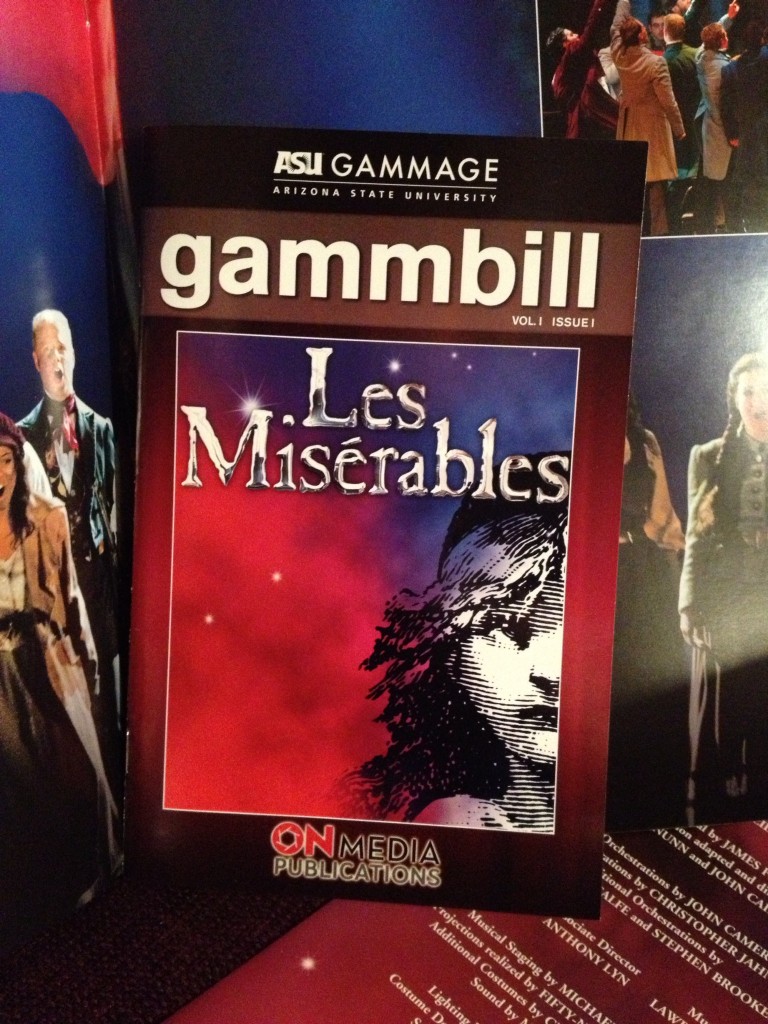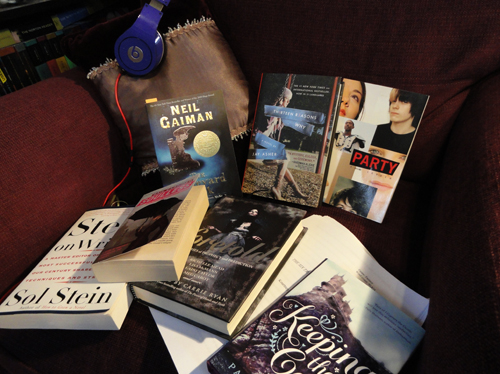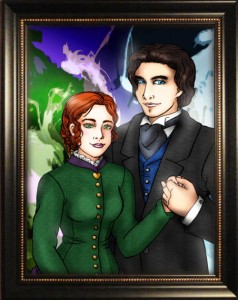So I’ve been thinking about something. When my friends and I talk about books or movies or TV shows, why do we almost never mention plot? For the most part, we only talk about characters—who was brave, who was sweet, who was strong, who was deliciously wicked or witty or angst-ridden. We don’t talk much about plot. If we do, it’s only in relation to what a specific moment revealed about the characters. “Oh man, that character was so cool when they did [x]!”
A lot of my favorite stories are criticized for not having much in the way of plot, or for a plot that drags too much. Take Game of Thrones, for example. I’ve heard multiple people say that A Song of Ice and Fire barely has a plot, that all George R. R. Martin does is write about interesting people who bump into each other and interact in unusual (and often bizarre or dramatic) ways. But the fans love it! We don’t care about tight plotting; we just want to find out what Arya or Tyrion or Daenerys or Jon Snow will do next. Because they’re fascinating characters, and we like them, and we love to watch interesting personalities collide.
As a story fan, I guess don’t care much about plot, per se. For me, character trumps everything else. And it seems like that holds true for most of my fellow story geeks. A story with a tense plot or exciting premise might catch my attention, but I’ll never fall in love with it unless it has an emphasis on character—specifically, on character interaction and character development. Maybe this is why some “page turners” don’t stick with me, or fail to catch my attention at all.
Honestly, this is a conundrum for writers. We are often told to write as tightly as possible, to cut any character interaction that isn’t essential to the main plot. It’s not bad advice, far from it. The last thing you want as a writer is to bore your readers, and risk losing their interest. But according to that rule, most of my favorite moments from books should have been shortened, or cut entirely.
In the end, this isn’t an “either/or” situation. A story can have an exciting plot and plenty of character interaction. One of the best solutions at a writer’s disposal is to combine the two. When a story focuses on interesting characters who make choices, and those choices reveal something about them, their character development becomes the plot. Often, boring stories are boring because they fail to connect plot and character, not because they need more of either element.
Still, this subject does give me pause when I write. I often wonder if I’ve included enough interaction between my characters, if I’ve revealed enough about them as individuals to catch the interest and affection of a reader like me. Ultimately, I try to write what I love to read—and to do it as efficiently and effectively as possible, without removing every fun moment from the story altogether.
And when in doubt, writers can always go for the Joss Whedon method. Just make your characters witty enough that no matter how action-packed the plot gets, the story has plenty of humorous dialogue that reveals what the characters really think about each other…



